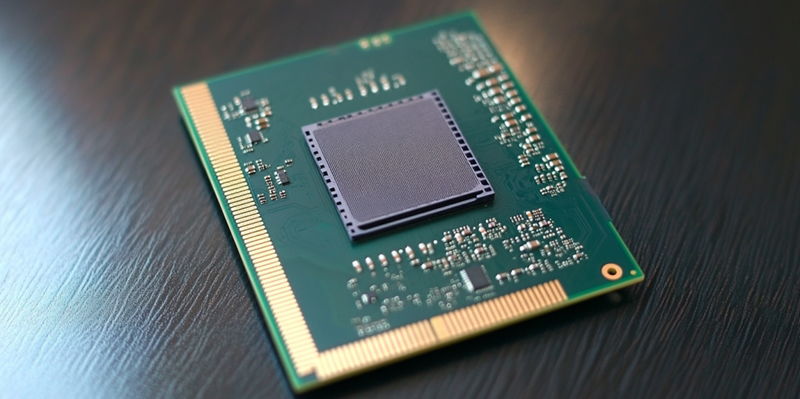Intel is poised to release a significant microcode update for its Arrow Lake "Core Ultra 200S" desktop CPUs aimed at optimizing their Voltage-Frequency (VF) behavior. This update is critical due to the Arrow Lake lineup’s failure to meet performance expectations, particularly disappointing enthusiasts who anticipated a generational breakthrough. Intel’s Robert Hallock has acknowledged these performance issues and confirmed that Team Blue is focused on delivering decisive updates to enhance the processors’ capabilities.
Famed overclocker SkatterBencher hinted at Intel’s plans to fine-tune Arrow Lake’s VF behavior through a tweet, suggesting that the updates would alter overclocking strategies for each ME package. While the specifics remain undisclosed, these changes are anticipated to address previous limitations, particularly those imposed by an earlier microcode update that restricted the Digital Linear Voltage Regulator (DLVR) bypass. This feature, which provided extensive control over voltage and frequencies, was mainly reserved for extreme overclocking environments due to its impact on other processor elements.
Despite the expectations surrounding the Arrow Lake series, Intel’s "Core Ultra 200" desktop SKUs have struggled to compete with AMD, particularly in terms of sales. The forthcoming microcode update is expected to be pivotal in improving performance by optimizing the VF configurations, potentially enabling Intel to regain competitive ground. The industry’s consensus underscores the critical need for these updates to fulfill the initial promises made by Intel and meet the high expectations of the tech community.
The summary consolidates the diverse perspectives surrounding the update, highlighting Intel’s efforts to address performance shortfalls and enhance the Arrow Lake CPUs through targeted microcode adjustments. Intel’s response to the Arrow Lake’s underperformance demonstrates its commitment to innovation and adaptability in the competitive CPU market. The tech community eagerly awaits these updates, hoping they will elevate the Arrow Lake series to its anticipated potential and reinforce Intel’s position in the industry.

